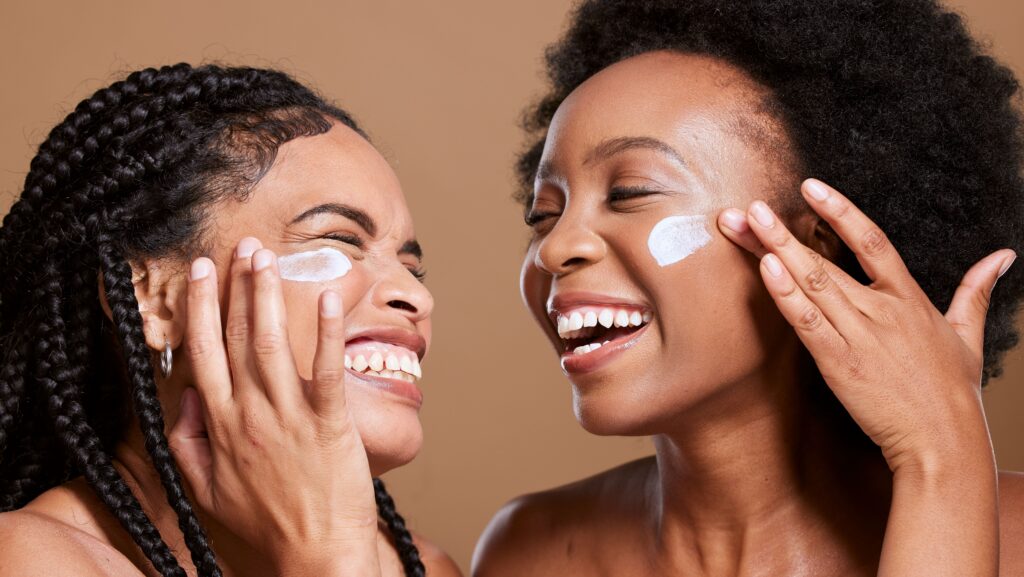The skincare sector is undergoing a much-needed transition at a time when the world’s standards for beauty have long been constrained by rigid ones. Diversity and inclusivity are no longer just a fad; they are an essential step in enabling people from all backgrounds to confidently take care of their skin. This article explores the significance of inclusion in skincare, emphasizing the benefits of featuring a range of skin tones and types and how this change is improving the sector.
Representing the Unseen
For too long, skincare has been associated with a narrow definition of beauty. However, inclusivity is becoming more popular, which is destroying these ideals. Brands are beginning to understand that beauty is a complex fabric of varied identities rather than a single picture. In order to ensure that everyone can relate to and find products that resonate with their specific skin concerns, inclusivity in skincare refers to portraying people of different colors, ethnicities, genders, and origins.
Personalization for All
The road to inclusion involves creating products that address a wide range of skin requirements, not just focusing on representation. This entails being aware of the distinctive difficulties that people with various skin tones and types encounter. Embracing diversity requires creating solutions that compassionately and effectively handle issues like hyperpigmentation and sensitivity. In order to provide a wide selection of products that address varied skincare needs, brands are investing in research and development, ensuring that everyone has access to efficient solutions.
Cultural Sensitivity and Education
Beyond the design of a product, inclusivity also includes cultural sensitivity and education. As they combine conventional wisdom with cutting-edge science, brands are taking inspiration from various cultural skincare customs and practices. This method not only broadens the skincare field’s possibilities but also honors cultural diversity. Additionally, educational materials are being created to assist people in comprehending the special needs and difficulties associated with their skin, promoting a sense of empowerment and self-care.
Education Empowers
Education is a part of inclusivity, in addition to products. In order to raise awareness of different skin types and issues, brands are utilizing their platforms to provide guidance that appeals to a range of demographics. By educating people, they give them the power to choose their skincare regimens intelligently, laying the groundwork for self-care and confidence.

A Range of Needs
Diversity in skincare requirements is another aspect of inclusivity in skincare, which goes beyond just representation. Each person demands individualized remedies, whether they have sensitive skin or melanin-rich skin. The development of products specifically tailored to address a wide range of skin conditions, from hyperpigmentation and acne to hydration and aging, has been motivated by the rise of inclusion.
Breaking Stereotypes
Due to the celebration of many skin tones and types, the paradigm of beauty is changing. Inclusivity is a movement that fights preconceptions and promotes a positive body image, not just surface-level improvement. The industry is eradicating irrational beauty standards and reminding consumers that every skin journey is acceptable and beautiful by showing real people with genuine skin.
Positive Impact on Self-Esteem
Inclusion in skincare has an impact that goes well beyond the surface; it affects one’s sense of self-worth. People feel acknowledged and deserving when they see themselves reflected in skincare advertisements and product offerings. This favorable feedback boosts self-esteem and encourages people to appreciate their own inherent attractiveness instead of trying to live up to unreasonable expectations.
In order to achieve inclusivity in skincare, barriers must be broken down, and people must feel empowered. The industry is creating a space where each person feels seen, understood, and respected as it celebrates the range of skin tones. Skincare is no longer a one-size-fits-all idea but rather a celebration of the distinctive beauty that each person brings to the table through representative products, cultural awareness, and a commitment to education.


